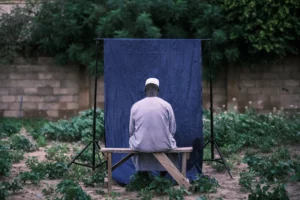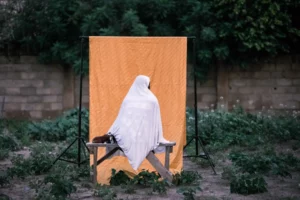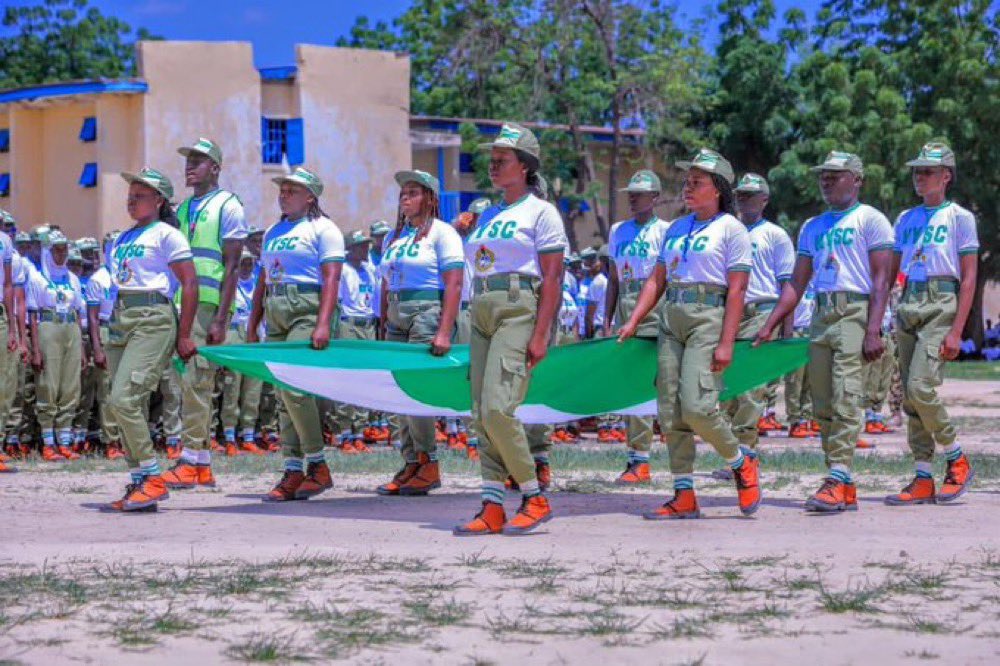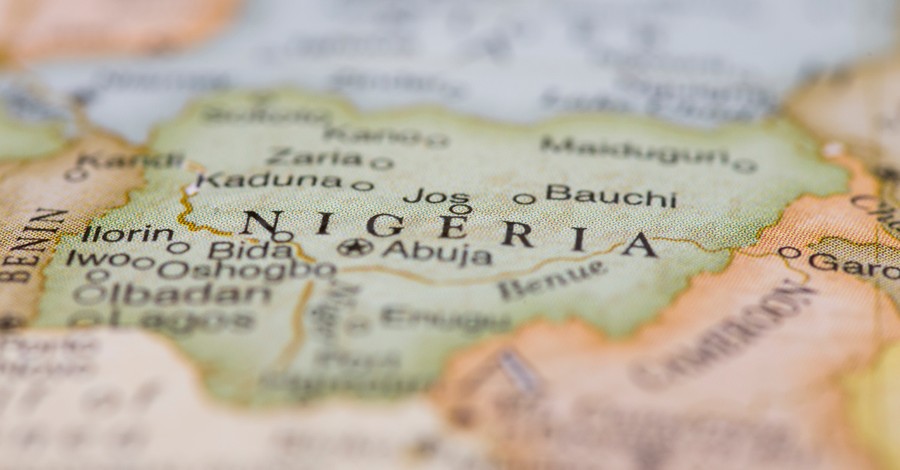Boko Haram’s Defections and the Looming Shadow of ISWAP
For more than a decade, the extremist group Boko Haram has inflicted terror on northeastern Nigeria, causing widespread casualties, abducting schoolgirls, and employing suicide bombings. Recently, a significant development has taken place as thousands of Boko Haram fighters, accompanied by their families, have surrendered. These former militants are now being housed in a government compound located in Maiduguri, the birthplace of the group.

This compound’s proximity to a middle-class housing development and a primary school has left residents, teachers, and parents alarmed and anxious about the situation. The death of Boko Haram’s long-time leader, Abubakar Shekau, marked a turning point, prompting a large number of fighters to defect within the past month. Despite the group’s apparent weakening, the suffering for northeastern Nigeria’s populace might not come to an end, given the emergence of another extremist faction.

The Islamic State West Africa Province (ISWAP), a rival splinter group of Boko Haram, has begun filling the void, moving military equipment from their strongholds to the areas previously controlled by Boko Haram. Observers indicate that this shift might bring about a new cycle of violence. Within the surrendered fighters’ camp, individuals who were once held captive by Boko Haram are now living alongside former commanders. These former hostages, some married off to fighters after being abducted as children, still live in fear of potential harm.
The camp also houses a multitude of Boko Haram fighters awaiting interrogation by Nigerian authorities. This group includes those who joined the extremist organization willingly, often enticed by incentives like money and motorcycles, as well as individuals who were coerced or indoctrinated into joining.
Surrendered Boko Haram Members Demand More Than Just Peace: The Allowance Uprising
In a recent development that highlights the complexities surrounding the rehabilitation of former Boko Haram members, a report from August 18th by Zagazola, an independent counter-terrorism and crime prevention network, sheds light on a significant incident. This network, comprising security analysts and counter-insurgency experts in the Lake Chad region, focuses on providing accurate and unbiased coverage of Nigeria’s counter-terrorism efforts.
According to the report, hundreds of ex-Boko Haram members who had surrendered and were being held at the Hajj camp in Borno State, took to the Bulumkutu-Maiduguri Highway in protest. Their actions resulted in the blockage of the highway, causing a traffic jam and raising tension among local residents.
The cause of their protest? The former militants were demanding N30,000 allowances that had been promised to them by the government. This incident underscores the complex process of reintegration and rehabilitation for former extremists. While surrender and defection might be seen as steps toward peace, the challenges of addressing their needs and grievances become apparent.
The reported protest showcases the delicate balance that authorities and organizations working on counter-terrorism efforts must navigate. On one hand, there is a need to address the grievances of former militants in order to ensure their successful reintegration into society. On the other hand, there are concerns about addressing these demands without inadvertently encouraging similar actions or causing frustration among the general populace.
This incident serves as a reminder that the aftermath of extremist conflict involves multifaceted challenges that require careful consideration and strategic planning. The story of these ex-Boko Haram members protesting for allowances underscores the ongoing complexities and difficulties faced by those working towards sustainable peace and security in the region. As the journey of reintegration continues, it remains crucial to strike a balance between addressing legitimate concerns and maintaining overall stability.


